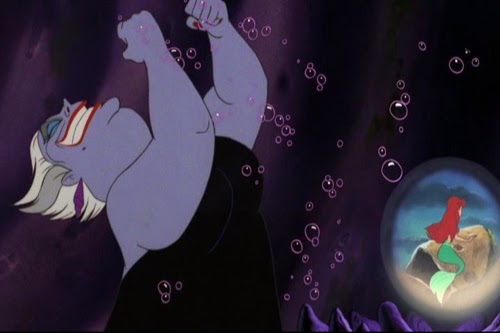Hello, robots.
Today I was scrolling through my Pinterest, looking through landscaping ideas (I get to design our new yard space when we move, mwahahahaha!) when I came across some really cool boho designs- which got me to thinking, why do we call that gypsy/hippie mash-up "boho"? I mean, it's not actually from Bohemia, is it?
So left in this confused condition, I did the only thing I could do: research. Here's what I found out.
According to the Oxford Dictionary, the word "Bohemian" can mean either 1. "A native or inhabitant of Bohemia" (no duh) or 2. "A person who has informal and unconventional social habits, especially an artist or writer." Urban Dictionary defines "Bohemian" as "A vague term used to refer to people who live some sort of "alternative", often artistic lifestyle. The term is associated - although not exactly synonymous - with the term hippie. The term originally came to be used in this sense in 19th century France, in an attempt to liken non-conventional artist types to Romani (gypsies), who the French associated with Bohemia in Central Europe (today part of the Czech Republic)."What is Bohemianism?
Bohemians often have very radical, sometimes anarchist, political views, are characterized by unorthodox/anti-establishment social opinions, and frugality- sometimes even voluntary poverty. A wealthy or aristocratic Bohemian circle is often referred to as the haute boheme, or "high Bohemians", although many people consider them to be "Nouveau Bohemians", and as George Sterling (member of the Bohemian Club) said, "Any good mixer of convivial habits considers he has a right to be called a Bohemian. But that is not a valid claim. There are two elements, at least, that are essential to Bohemianism. The first is devotion or addiction to one or more of the Seven Arts; the other is poverty. Other factors suggest themselves: for instance, I like to think of my Bohemians as young, as radical in their outlook on art and life; as unconventional, and, though this is debatable, as dwellers in a city large enough to have the somewhat cruel atmosphere of all great cities."
Why do We Call It "Bohemian"?
The term originated during the French immigration when it was used to describe traveling Romani people who disregarded the rules of conventional society and were untroubled by other people's views of them. People (mistakenly) believed that the Romani entered France and other European countries through Bohemia, or even hailed from there, giving them the moniker of "Bohemian". The misnomer here is similar to how nomadic Romani people are frequently called "gypsies".
What's the Difference Between Bohemian and Hippie?
Although the two subcultures do overlap quite a bit, there are some pronounced differences. Bohemian culture is rooted in the culture of the European artisans of the 19th century, but "hippie" culture as it is generally known is based in the 1960s. Whereas specific types of music, activities, and values are associated with being a hippie, Bohemian tastes vary widely, with the only real necessities being interest in the arts and a dedication to nonconformity and acceptance.
Where are Bohemians?
Here's a list of some cities and other places that are or have been associated with Bohemians.
Europe:
- Mala Strana and Zizkov in Prague, Bohemia
- Montmartre and Montparnasse in Paris, France
- Chelsea and Soho
- Mitte in Berlin
- Taban in Budapest
- Cardiff in Wales
United States
- Greenwich Village in New York City
- San Francisco in California
- New Orleans in Louisiana
- Boulder in Colorado
- Austin in Texas
- Towertown in Chicago
- Key West in Florida
- Portland in Oregon
Australia
- Fremantle in Western Australia
- Newtown and Potts Point in Sydney
- Fitzroy in Melbourne
- Nimbin, New South Wales
-Lily


